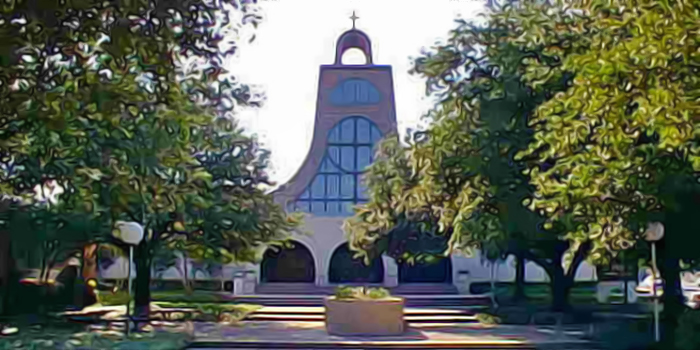
What would Jesus do? For some Christians, that’s the easy answer to every question. At a deep level, Fr. Ron Rolheiser says that’s actually true. Jesus is the ultimate criterion. He is the way, the truth, and the life; anything that contradicts him is not a way to God. Yet, while Jesus is a non-negotiable criterion, he’s not simplistic. Looking at his life, we see that sometimes he did things one way, sometimes another way, and sometimes he started out doing something one way and ended up changing his mind and doing it in a different way. That’s why, I suspect, within Christianity, there are so many different denominations, spiritualities, and ways of worship, each with its own interpretation of Jesus. Jesus is complex. So, where does this leave us? Most of us submit our private interpretation to the canonical (“dogmatic”) tradition of our particular church and accept, though not in blind, uncritical obedience, the interpretation of that larger community, its longer history, and its wider experience, humbly accepting that it can be naïve (and arrogant) to bracket 2000 years of Christian experience so as to believe that our insight into Jesus is a needed corrective to a vision that has inspired so many millions of people through so many centuries. Above all else, Jesus revealed this about God: God is good. What would Jesus do? Admittedly, the question is complex. However, we know we have the wrong answer whenever we make God anything less than fully good, whenever we set conditions for unconditional love, and whenever, however subtly, we block access to God and God’s mercy.
